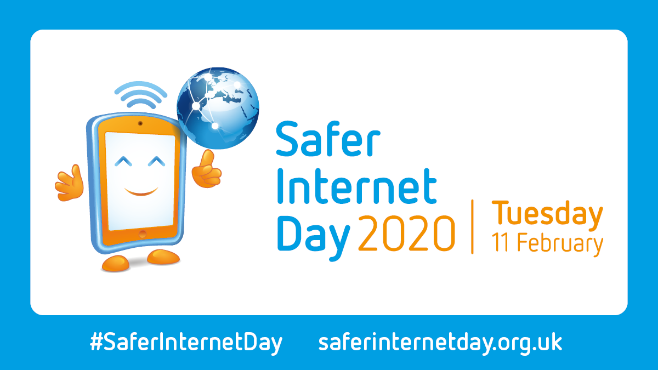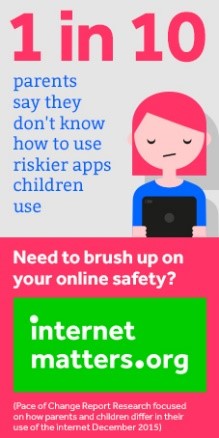Safer Internet Day - 2020
5 Top Tips to keep your kids safe online

The internet is so ingrained in our lives so it’s no surprise children use the internet at a younger age. Yet as the “family computer” gets phased out for mobiles and tablets, it’s harder to monitor what your child is getting up to online. Yet the internet can aid development as kids learn through exploring and natural curiosity so it should still be encouraged – they just need to be educated about how to keep safe from the darker side of the web.
1. Safety First
Even adults are vulnerable to cyber-attacks, so kids are even more susceptible. As children are increasingly targeted by hackers, making sure their devices are protected and all software is up to date is vital.
Make sure you vet any downloads such as applications or attachments as these could contain viruses and explain to your child how to identify something suspicious. If they are young, introducing them gradually to child-friendly educational computers such as LeapFrog builds their computer proficiency in a safe environment.
2. Be Share Aware
Being safe is so much more than virus protection, using the internet shouldn’t compromise safety online or offline. Just as you would teach them not to give out their personal information to a stranger, ensure they know this is still the case behind a computer screen.
Make sure you know who they are sharing things with and everyone they’re interacting with is genuine, vetting who they add to their social network accounts or using children only platforms is the best way to do this. Some sites are easier to police than others; Instagram is the easiest to monitor but Snapchat is riskier as messages disappear. If you’re uncertain about the privacy settings of a site, it might be worth signing up yourself.

3. Show and Tell
Discussing how to stay safe online is the best way to build trust and prepare your children for growing up in the internet age. If you take an interest in their favourite websites and videos, they’re more likely to trust you if they encounter anything troubling online. Being open about what cyberbullying and predatory activity is with reassurance that they can come to a trusted adult and won’t be blamed is so important for their safety. Kids need to be aware that everything they do online, their “digital footprint” is public and permanent, potentially even aff ecting their future.
Try Think u know for support and resources

